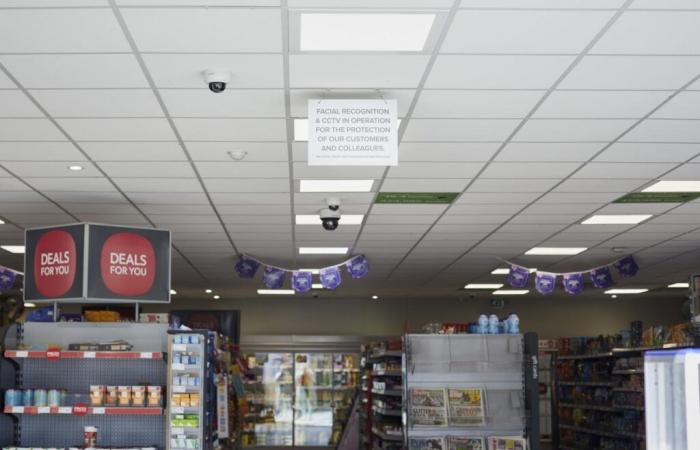On the window, a sign warns: “Facial recognition in progress. To protect our employees, our customers, our property. » At the entrance to the Sports Direct store in Stoke Newington, a residential area in north-east London, the black ball oscillating in a white base is clearly visible. In the United Kingdom, a country whose capital is home to the highest density of surveillance cameras in the world outside of China, facial recognition is becoming widespread: 97 per 1,000 inhabitants compared to 2.1 per 1,000 inhabitants in Paris, according to figures from the British security company Clarion Security Systems and, for France, from the Ministry of the Interior.
“Not so long ago, this technology was reserved for police forces, notes Daragh Murray, a specialist in new technologies and human rights at Queen Mary University of London. But over the past two years, it has experienced spectacular expansion in the private sector. » It is now used in supermarkets, at the entrance to nightclubs and even in public spaces.
You have 90.54% of this article left to read. The rest is reserved for subscribers.






